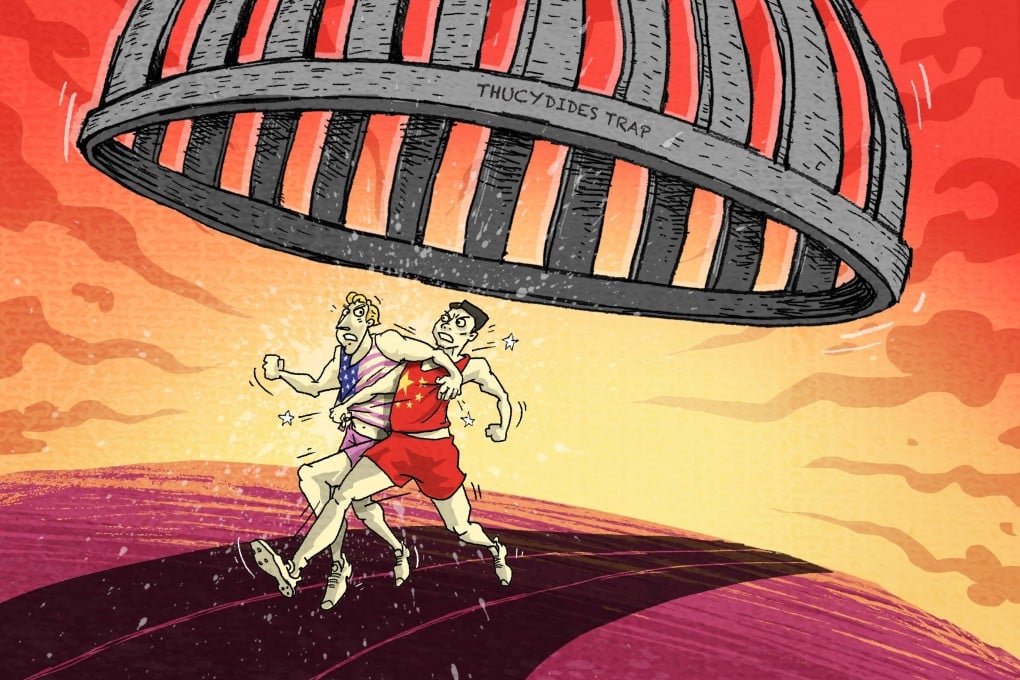Is strained China-US relationship spiralling towards a Thucydides Trap scenario?
- President Xi Jinping has warned of the danger of strategic miscalculations
- Observers say Taiwan issue still poses biggest risk of armed confrontation

The US president at the time, Barack Obama, initially responded positively to Xi’s vague and all-encompassing proposal, made during a 2012 visit to Washington and partly aimed at breaking free of such historical patterns.
Obama publicly welcomed China’s peaceful rise and said in 2013 that “it is in the United States’ interest that China continues on the path of success”.
His national security adviser, Tom Donilon, said the administration disagreed with the premise “that a rising power and an established power are somehow destined for conflict”.
“There is nothing preordained about such an outcome,” he said.
The Thucydides Trap is a concept named after the Greek historian who wrote History of the Peloponnesian War over 2,500 years ago, recounting the 27-year conflict between a rising Athens and a declining Sparta.